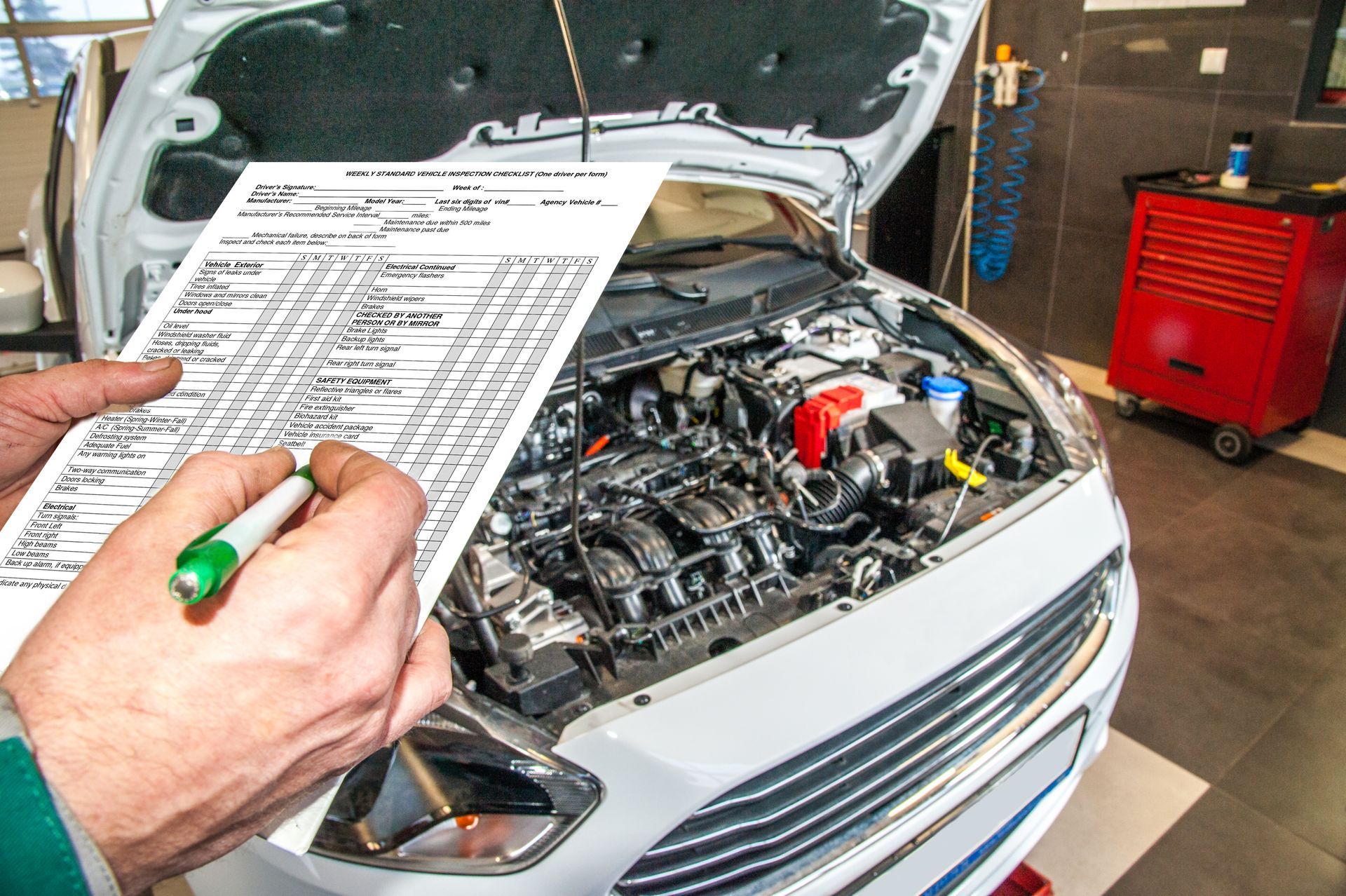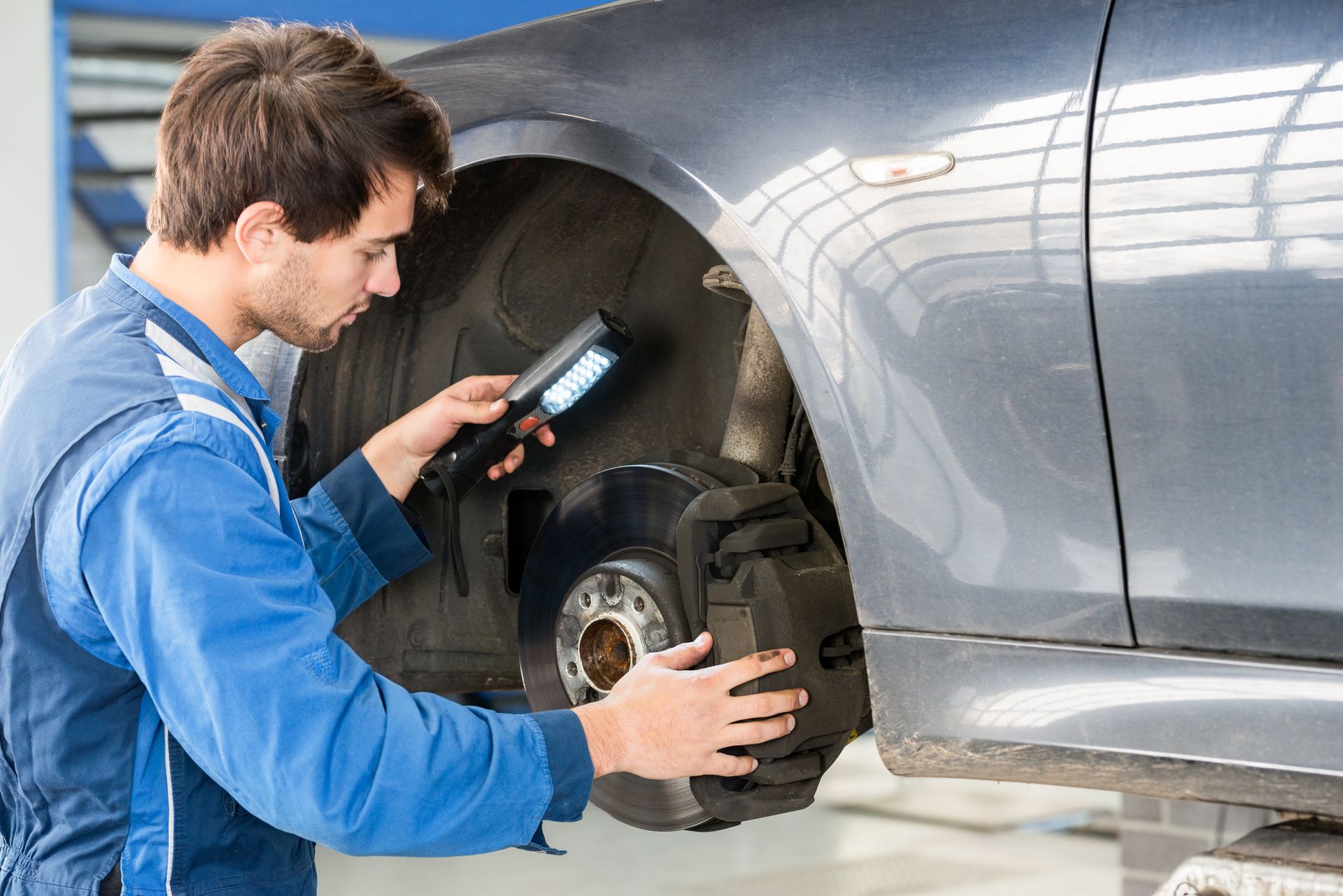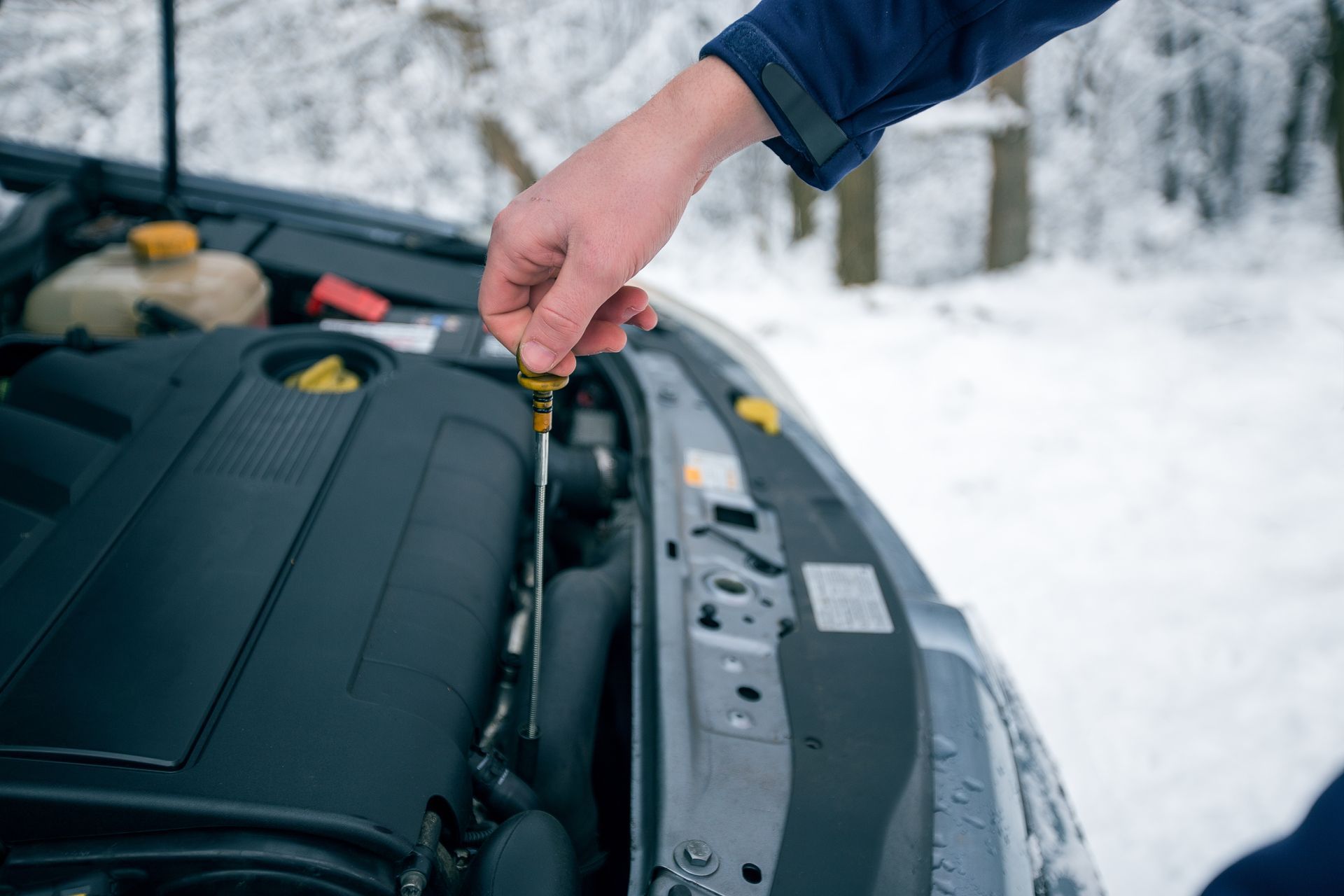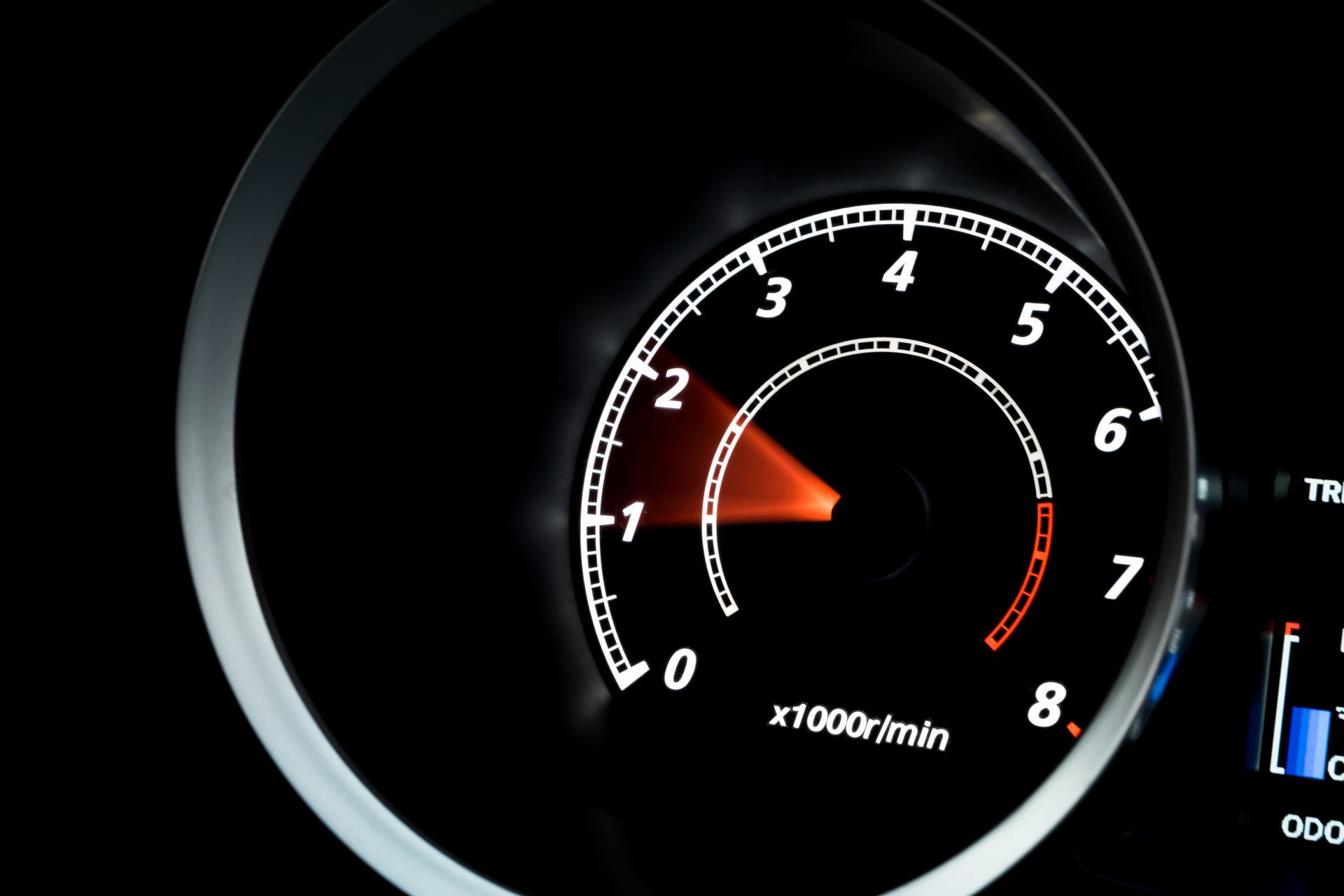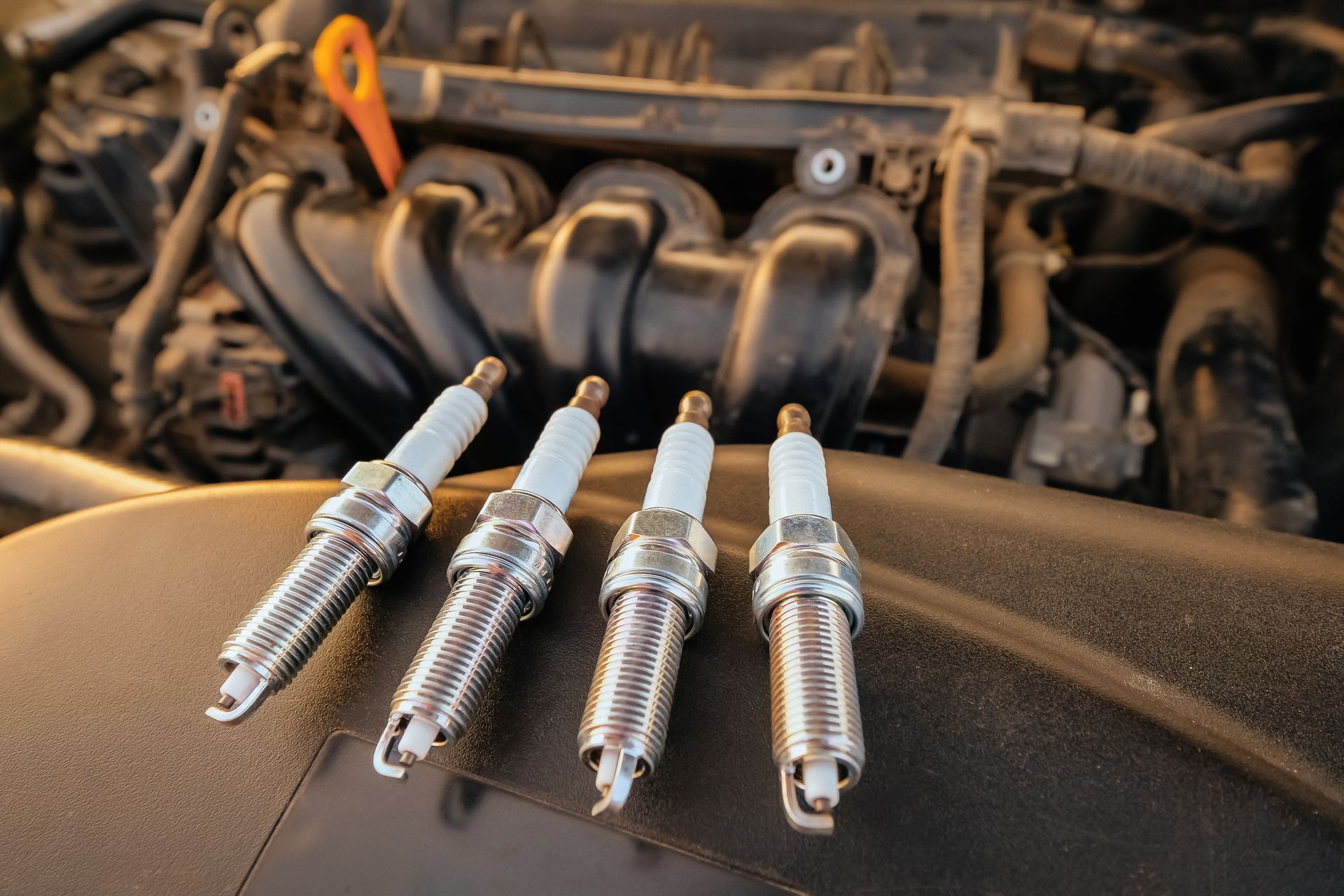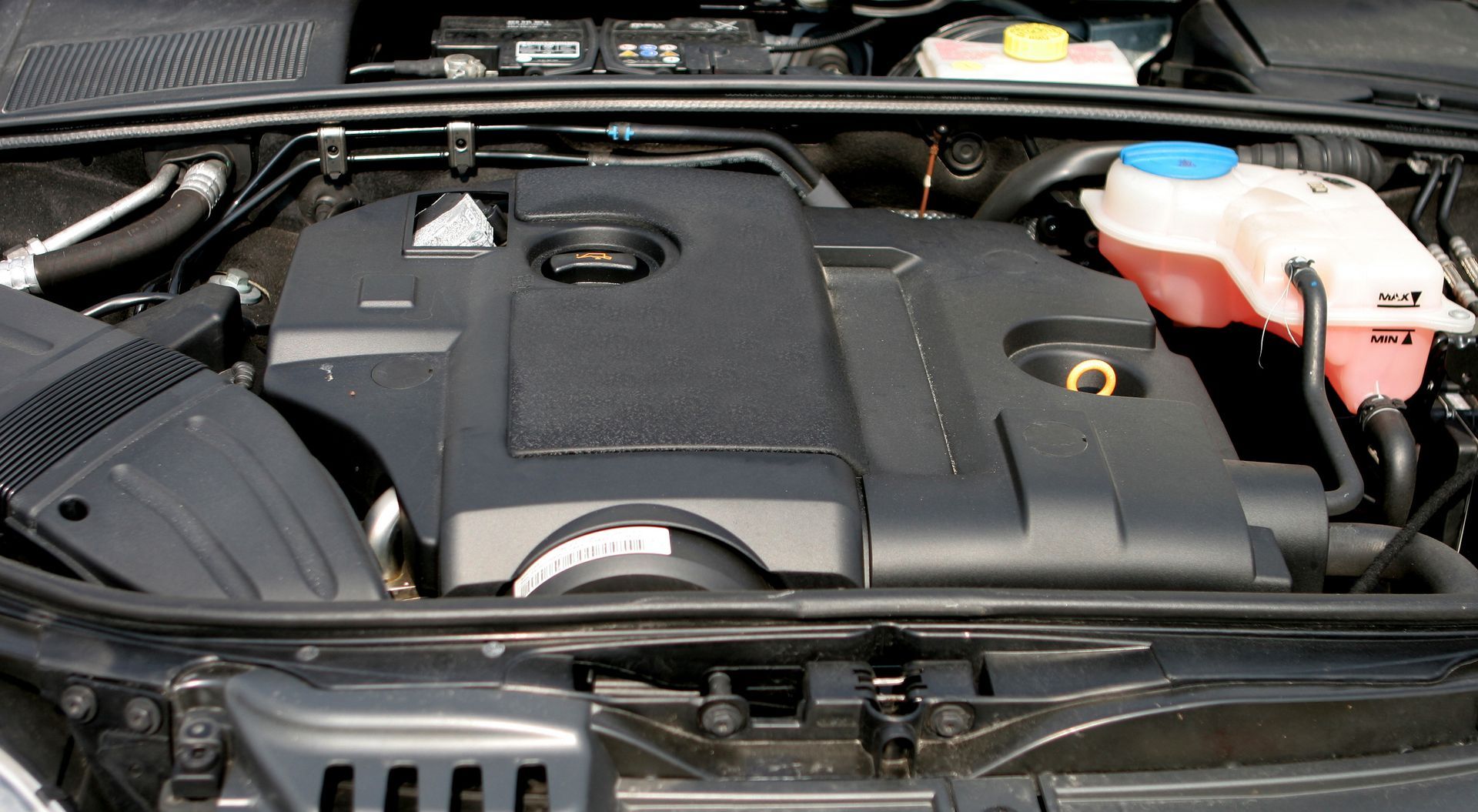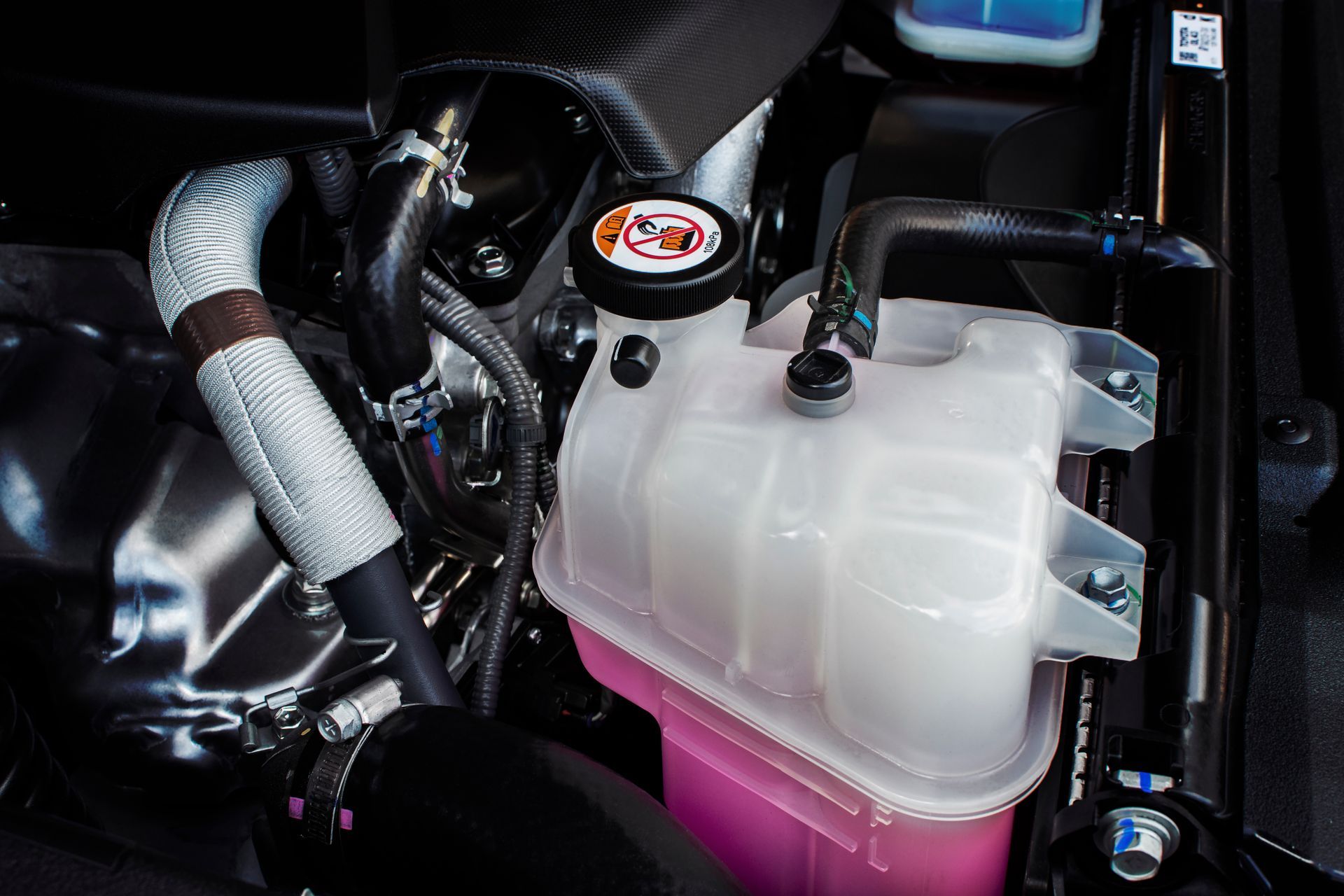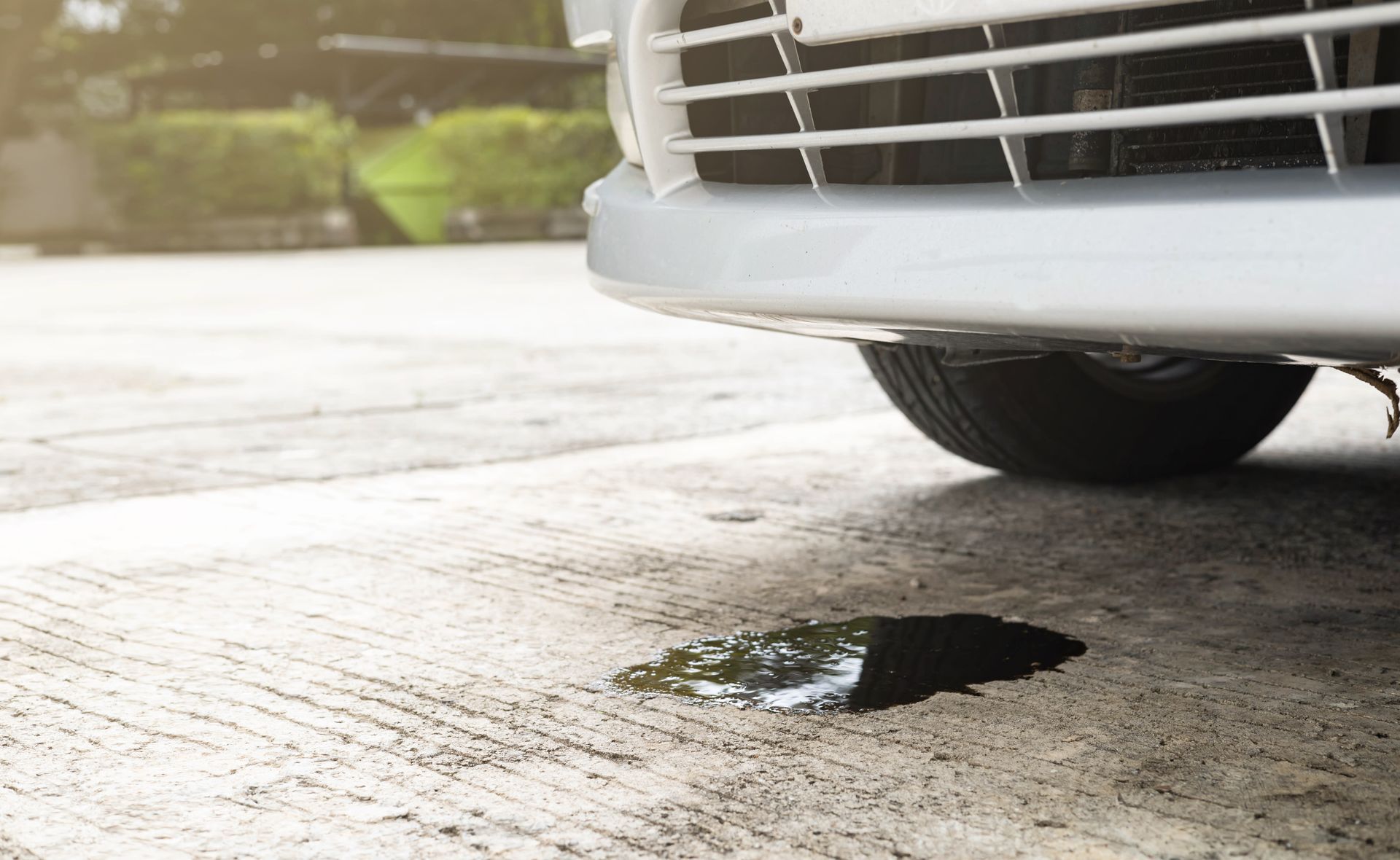If your car feels like it’s floating, bouncing, or shifting unpredictably on the road, there’s a good chance something in the suspension system isn’t doing its job. A vehicle should feel planted and steady, even over small bumps or uneven pavement. When that sense of control disappears, it often means a component is worn, damaged, or out of alignment.
Before it turns into a serious safety concern or leads to uneven tire wear, it’s worth taking a closer look at what might be causing your car to feel unstable.
Worn Out Shocks or Struts
Shocks and struts are designed to absorb the motion of the road and keep your tires firmly in contact with the surface. When they start to fail, you may feel excessive bouncing after hitting a bump, nose-diving during braking, or swaying around corners.
Most shocks and struts begin to lose effectiveness around the 50,000 to 75,000-mile mark. If your ride feels too soft or unpredictable, this is one of the first areas a technician will check.
Uneven or Worn Tires
Your tires have a direct impact on how your vehicle handles. Uneven tire wear, bulges, or low tread depth can all make the car feel shaky or loose, especially at higher speeds. If your tires are overinflated or underinflated, it can also cause excessive bounce or a rough ride.
A visual inspection and tire pressure check are quick ways to rule this out. If you notice vibrations or pulling to one side, this may indicate a tire imbalance or misalignment.
Suspension Component Failure
The suspension system is made up of several parts, including control arms, bushings, sway bars, and ball joints. When any of these begin to wear out, they can cause knocking noises, poor stability, and a general feeling that the car is shifting or rolling during turns.
Even small amounts of play in suspension components can change the way your car responds. Over time, this can lead to unpredictable handling and increased stress on other systems.
Wheel Alignment Issues
If your wheels aren’t aligned properly, the vehicle may pull to one side or feel unstable, especially on uneven roads. Poor alignment can also cause your steering wheel to sit off-center or vibrate.
Alignment problems often occur gradually due to potholes, curbs, or general wear. Having your alignment checked during regular service can prevent long-term handling issues and improve tire life.
Loose or Damaged Steering Parts
The steering system works closely with the suspension to keep your car tracking straight and responding to input. Worn tie rod ends, loose steering racks, or failing steering column components can cause looseness in the wheel and a vague or disconnected feel while driving.
This is especially noticeable when turning or going over bumps. If the steering feels delayed or shaky, it should be inspected right away.
Overloaded Vehicle or Poor Weight Distribution
Carrying heavy loads or storing a lot of weight unevenly can affect how your vehicle rides. Too much weight in the rear, for example, may cause the front end to feel light or floaty. If you’ve recently added roof racks, equipment, or loaded the trunk for a trip, this could change the car’s balance.
While this issue is less mechanical, it’s still worth considering if your car suddenly feels different during a drive.
Driving on Rough or Uneven Roads
Not every bounce or shake is a sign of failure. Some vehicles, especially those with stiff suspension setups or low-profile tires, will naturally feel rougher on imperfect roads. However, if the sensation feels exaggerated or worse than usual, there could be an underlying problem.
When you notice a change in ride quality, it’s better to have it checked out than to guess.
Reliable Suspension Repair and Diagnostics in Charlotte, NC at Gibbon Tire and Auto
If your car feels bouncy, unstable, or hard to control, the technicians at Gibbon Tire and Auto in Charlotte, NC can help. We’ll inspect your suspension, tires, alignment, and steering system to find the exact issue and recommend the best repair.
Don’t wait until handling problems affect your safety or wear down your tires. Let our team restore a smooth and stable ride so you can drive with confidence.
